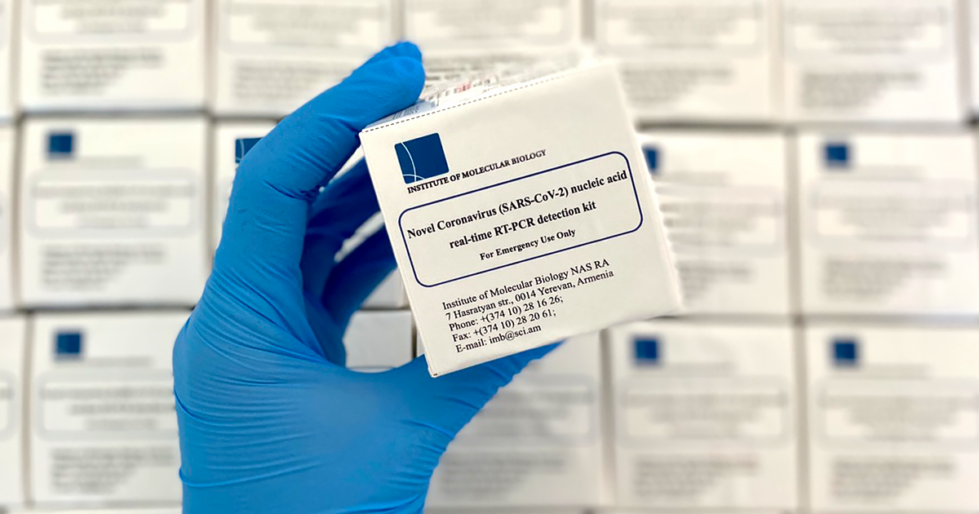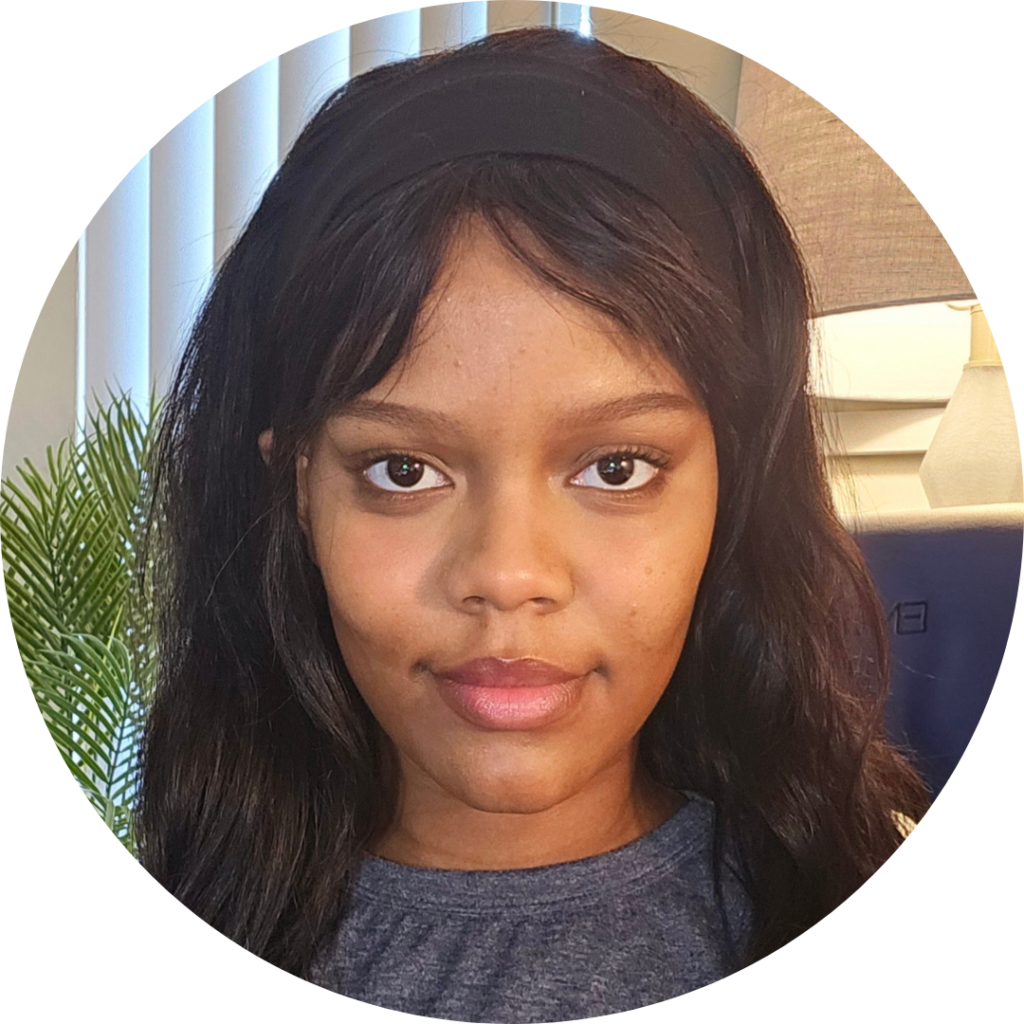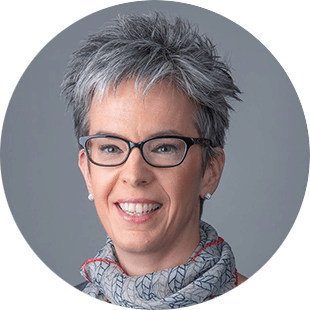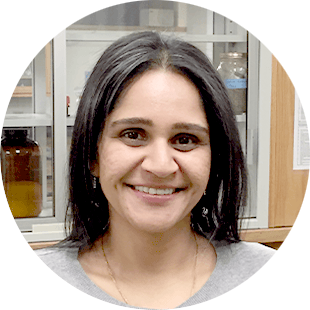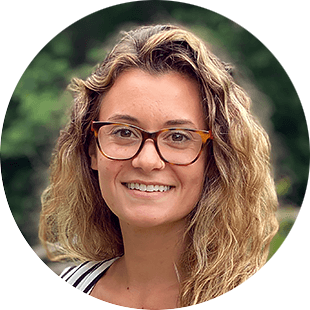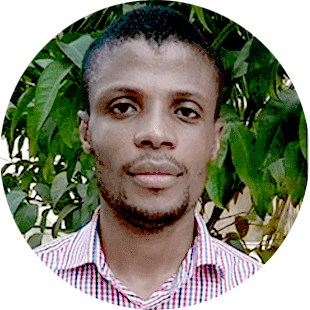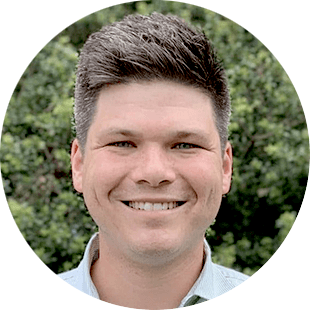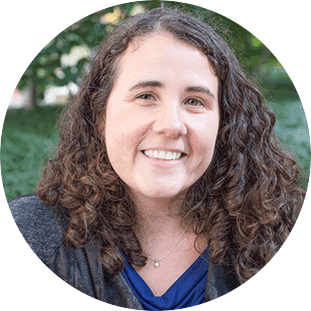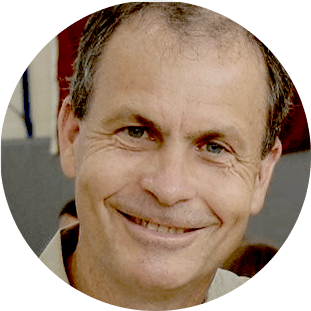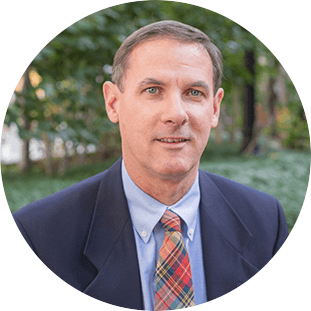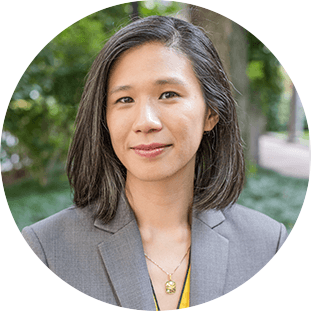Pictured above: One of the 100,000 COVID-19 test kits developed by the Institute of Molecular Biology of the National Academy of Sciences of the Republic of Armenia
When the COVID-19 pandemic arrived in Armenia, Arsen Arakelyan, PhD, director of the Institute of Molecular Biology (IMB) of the National Academy of Sciences of the Republic of Armenia, had a particular challenge.
He and his lab were tasked with delivering reliable COVID-19 diagnostic tests to fulfill the increased demand for testing, while considering the existing peculiarities of national infrastructure.
The IMB didn’t just deliver the tests… In a time of enormous pressure, these talented scientists proved that, with the necessary infrastructure, they could address national challenges now and well into the future.
In just seven months, Dr. Arakelyan and his colleagues produced:
- 100,000 COVID-19 test kits tailored to the unique challenges of Armenia’s biomedical infrastructure
- A reliable viral transport medium that safely preserves testing samples until they can be processed in the lab, a product the IMB could produce independent of the strained supply chain
- A sustainable roadmap for population-wide testing in settings with limited scientific infrastructure
- Optimism that scientists trained and researching in Armenia can respond in times of crisis and prepare for the challenges that lie ahead
Since the Armenian government awarded the IMB with a contract in April 2020, Dr. Arakelyan’s lab has produced 100,000 test kits that respond to the unique nature of COVID-19 testing in Armenia. The tests do not require extraction, meaning scientists can analyze them more rapidly without using specialized automated extraction equipment rarely found in Armenian laboratories.
Infrastructure enables immediate response
With equipment from Instrumental Access, Dr. Arakelyan and colleagues at the IMB successfully developed both the COVID-19 test kit and a viral transport medium, which preserved the samples over long distances from testing sites to laboratories.
The results were immediate. When the IMB delivered its test kits to the government, the number of daily COVID-19 tests administered went from 2,000 to more than 5,000 throughout the country.
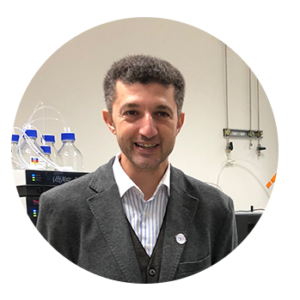
The entire project, he says, was only possible because of the scientific infrastructure and hands-on training enabled by their 2017 Instrumental Access shipment. With the IMB’s Instrumental Access award, scientific access in Armenia has seen a notable expansion, with robust teaching and research programs at the institution.
“We had students trained on the very same machines; they learned how to use the PCR machine and isolate RNA,” he says. “If we didn’t have these instruments, I wouldn’t have proposed this project to our government. We were sure that we were backed up with equipment that would allow us to do what we planned. Having this support gave us the courage to organize and implement the entire project.”
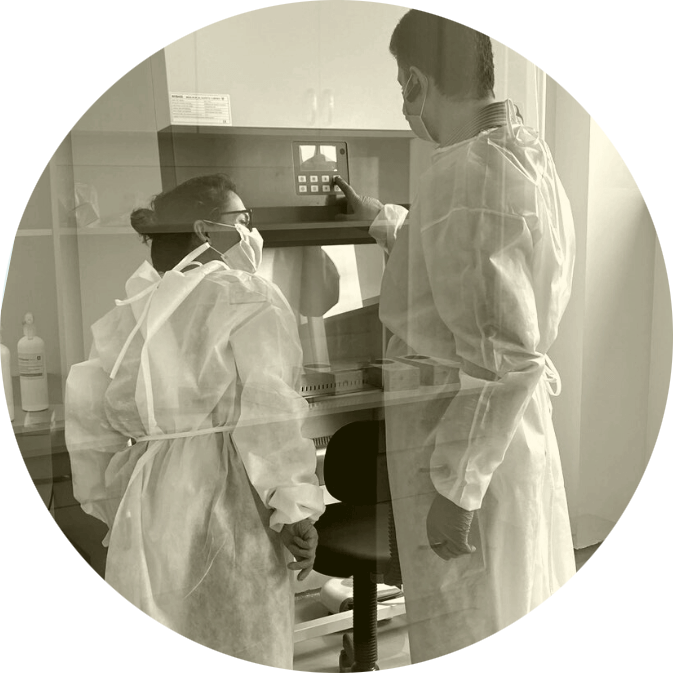
We were sure that we were backed up with equipment that would allow us to do what we planned.
Having this support gave us the courage to organize and implement the entire project."
Dr. Arsen Arakelyan
Director, Institute of Molecular Biology of the
National Academy of Sciences of the Republic of Armenia
& Instrumental Access Awardee
Increased capacity, increased results
COVID-19 test kits, Dr. Arakelyan says, are only the beginning. He and his colleagues have a paper under review detailing the testing procedures they implemented in Armenia and providing a roadmap for addressing similar challenges in the future. They are in discussions to continue developing the viral transport medium for PCR kits for diagnosing other diseases.
They also started screening for COVID-19 mutations by sequencing the entire coronavirus genome in order to identify variants of concern, as well as mutations that can be unique to viral strains in Armenia.
The implications go well beyond the current global demand for COVID-19 research, though. For Dr. Arakelyan, the IMB’s quick and efficient response speaks to the possibilities for biotechnology in Armenia for the future.
“We are trying to break the suspicion that there are not enough Armenian specialists in a field that are capable of solving everyday problems related to health and biotechnology,” he says. “For me, it could be even more important to demonstrate to the local government and business environment that Armenia has a successful scientific community.”
Preparation & Investment
The IMB’s remarkable progress is the result of preparation and investment. Having the necessary equipment and training students on that equipment allowed the IMB to quickly and effectively address the problems of the present and prepare to more efficiently tackle the questions yet to come.
“Without equipment from Seeding Labs, this simply wouldn’t be possible,” says Dr. Arakelyan. “We don’t know the timeframe when we will be hit with something like COVID-19 again, but I’m sure that we will. All the techniques and knowledge accumulated will be much more efficiently used next time.”
